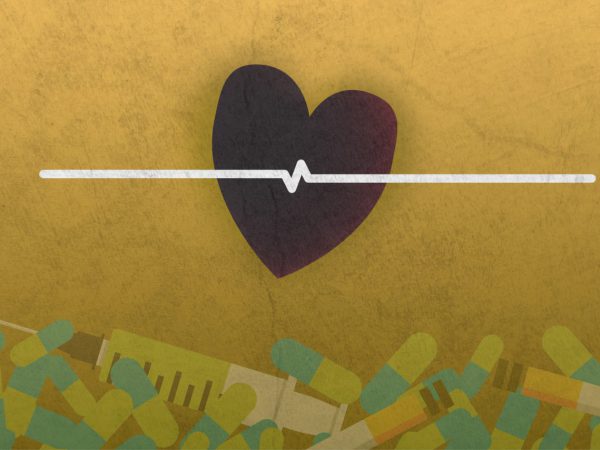Alex Cohen is the Director of Learning and Evaluation for the Richard M. Fairbanks Foundation.
Smoking remains the leading cause of preventable death nationwide. In Indiana, which has among the highest smoking rates in the U.S., an estimated 11,000 people die each year from smoking.
While smoking-related illnesses generally occur in older ages, smoking starts much earlier. When kids turn 18—or their friends turn 18—and they have access to cigarettes, it’s easy to start and get hooked. It’s unsurprising then that nearly 90 percent of current adult smokers first started the habit before they turned 19.
One solution that’s being tested in more than 270 cities and counties in 18 states across the U.S. is raising the minimum age of legal access for tobacco products from 18 to 21. Based on the well-documented health impacts of raising the legal age of access to alcohol to 21, the Institute of Medicine estimates that Tobacco 21 policies would lower adult tobacco use by 12 percent—and, with it, save thousands of lives.
A common argument against Tobacco 21 relates to the military. If 18-year-olds can fight and die for their country, the argument goes, shouldn’t they be allowed to smoke?
It turns out there are plenty in the military who support reducing tobacco use by raising the minimum age of access (or raising prices). They provide at least three reasons.
First, it “undercuts military readiness and harms individual performance,” according to a Department of Defense memo. “Wounded warriors who smoke suffer from increased risk of surgical complications and delayed wound healing.”
Second, it’s expensive. Tobacco use costs the Department of Defense an estimated $1.6 billion every year in medical costs and lost work time, and those costs are expected to climb to $19 billion during the next 10 years.
Third, and probably most importantly, limiting access to tobacco for those in the military allows them to lead healthy and productive lives. The Department of Defense estimates that smoking among current active duty service members, which tends to be higher than average, will result in 175,000 premature deaths, imposing a tragic toll not just on those service members but their families as well.
In discussing the need for Tobacco 21 in Illinois, retired leaders from the U.S. Army and U.S. Air Force wrote, “Americans owe much to the young people who choose to serve in our military. But early addiction to a deadly drug is no reward.”
It’s well known that smoking worsens health and lowers life expectancy, and as a result, efforts to limit tobacco use—through raising the age of access or raising prices—provide a tremendous opportunity to improve the well-being of people in Indiana and across the U.S. Why would it be any different for those in the military?



